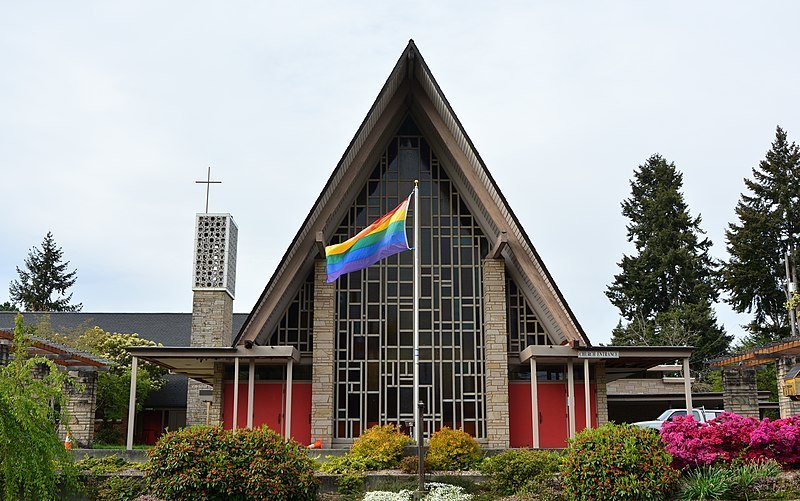
The United Methodist Church (UMC) is facing criticism for proposing to suspend funding for the Côte d'Ivoire Conference, a major regional body of one million members that disaffiliated from the denomination earlier this year.
The UMC Council of Bishops has recently requested that the General Council on Finance and Administration cease funding for the Ivory Coast church immediately, while also claiming control over denominational properties in the West African nation.
The controversy centers around allegations that the Côte d'Ivoire Conference did not adhere to the proper exit procedures laid out by the UMC. Reportedly, had the conference complied with the exit process, it would have continued to receive funding until 2028, according to UM News.
The bishops are justifying their request for control of the United Methodist properties in Côte d'Ivoire by citing the denomination's trust clause.
Mark Tooley, president of the theologically conservative Institute on Religion & Democracy, commented on the situation, stating that the proposed measures appear “very punitive and vindictive.”
Tooley also expressed that the bishops' actions signal to other United Methodist churches worldwide that the UMC in the U.S. may take punitive measures, noting, “This might intimidate some from trying to quit the UMC. But it also might motivate others to get out as quickly as they can.”
Regarding the bishops' claims about UMC properties, Tooley remarked that it is “unclear what this action means about UMC property in Ivory Coast,” questioning whether the bishops were referring to church buildings or other denominational properties.
Tooley pointed out that local church buildings are held in trust not by the global denomination but by the local annual conference, which is the Ivory Coast church that has now become independent.
The Côte d'Ivoire Conference, which was previously an independent Methodist church before joining the UMC in 2004, is one of the largest regional bodies within the denomination.
Earlier this year, during the UMC General Conference, delegates decided to lift the denomination’s ban on the blessing of same-sex unions, the ordination of individuals in same-sex relationships, and the funding of LGBT advocacy groups.
In reaction to this decision, the Côte d'Ivoire Conference voted in May to disassociate from the UMC, stating that the UMC “has preferred to sacrifice its honorability and integrity to honor the LGBT” and expressing concerns that "the new United Methodist Church is now based on sociocultural and contextual values which have consumed its doctrinal and disciplinary integrity.”

















